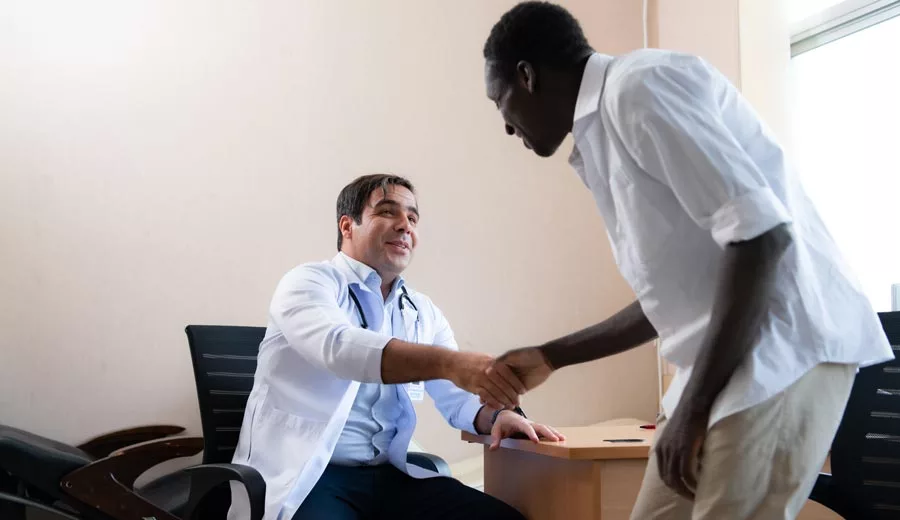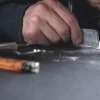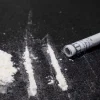Understanding Heroin Addiction
Heroin addiction is a severe problem that affects millions of people globally. Heroin is a highly addictive drug that can quickly lead to physical dependence, making it extremely difficult to quit without professional help.
Medical detox is the first step in the recovery process, and it involves removing the drug from the body while managing withdrawal symptoms.
If you or someone you know is struggling with heroin addiction, read on to learn more about heroin detox at Resurgence Tennessee and how it can help you on the journey to recovery from heroin!
Heroin Detox Hotline – Call Now!
888-290-5254
What Is Heroin Detox?
Heroin detox is the process of removing the drug from the body while managing withdrawal symptoms. It is an essential first step in treating heroin addiction, which involves stopping the use of the drug and allowing the body to eliminate the drug from the system.
The drug detox process can happen in a hospital, inpatient, or outpatient setting, depending on the client’s needs and the severity of the addiction.
Symptoms of Heroin Withdrawal and Detox

When one uses heroin for an extended period, the brain becomes accustomed to receiving the drug. This leads to dependence and addiction. People who stop using heroin abruptly usually experience withdrawal symptoms.
Heroin Withdrawal Symptoms
Heroin withdrawal can be uncomfortable and, in some cases, life-threatening. Some of the most common signs of withdrawal include:
- Nausea
- Vomiting
- Diarrhea
- Muscle aches
- Chills
- Sweats
- Anxiety
- Insomnia
Heroin Withdrawal Timeline
Initial withdrawal symptoms usually start within 6–12 hours of the last dose and can last for several days or weeks.
As the body adjusts to the absence of heroin, you may experience more severe symptoms, like tremors, seizures, hallucinations, and confusion. These symptoms can be challenging to manage, making it crucial for individuals to receive medical care and support during detox.
Risks of Heroin Withdrawal Treatment
Heroin detox can be dangerous for people with underlying medical conditions or a history of severe withdrawal. The risk of complications is higher when people try to quit cold turkey.
Withdrawal symptoms can be severe and lead to dehydration, seizures, and other medical emergencies. The risk of relapse is also high during this withdrawal phase because people in recovery may experience intense heroin cravings.
Therefore, it is essential to seek medical supervision when detoxing from heroin to ensure safety and increase the likelihood of successful recovery.
Psychological and physical symptoms associated with heroin detox can be overwhelming, which may cause or exacerbate mental illnesses like depression, anxiety, and suicidal ideation.
Drug abuse can lead to various social and personal issues, like financial difficulties, legal problems, and relationship issues. It is essential to have a support system in place during the detox process to help address these challenges and prevent relapse.
Heroin Detox Approaches

There are different approaches to heroin detox, each with distinct benefits and risks. Choosing the best method depends on factors such as the client’s addiction level, withdrawal symptoms severity, and overall health.
Medication-Assisted Treatment
Medication-assisted treatment (MAT) involves using medications to help manage withdrawal symptoms and heroin cravings.
According to the Substance Abuse and Mental Health Services Administration (SAMHSA), some medications used in MAT include methadone, buprenorphine, and naltrexone. These medications can help ease withdrawal symptoms and reduce the risk of relapse by reducing the intense cravings associated with heroin addiction.
MAT is often used in a clinical setting, and the dosage of the drugs is gradually reduced over time until the individual can function without medication.
Cold Turkey Detox
Also known as a natural detox, cold turkey detox involves quitting heroin without using medications. This method can be risky because it can cause severe withdrawal symptoms, which are challenging to manage without medical supervision.
Cold turkey detox can also increase the risk of relapse because of intense heroin cravings. This approach is unsuitable for clients with severe addiction or underlying medical conditions.
Tapering Off
Tapering off involves gradually reducing the dosage of heroin until the individual can function without it. These programs can help reduce the severity of withdrawal symptoms and the risk of relapse.
Depending on your needs and the severity of your addiction, you can undergo tapering off at home or in a clinical setting. It’s important to note that tapering off requires close monitoring to ensure that you reduce the dosage at the appropriate pace.
Inpatient and Outpatient Detox Programs

Inpatient and outpatient detox programs are structured treatment programs that provide medical supervision and support to individuals during the detox process.
Inpatient detox programs involve living at the rehab center or detox facility while receiving around-the-clock medical care and support. Conversely, an outpatient heroin detox program allows clients to receive treatment during the day and return home in the evening.
These detox programs offer a wide range of services, including medical care, counseling, and behavioral therapy, to help people in recovery manage withdrawal symptoms and reduce the risk of a relapse.
24 Hour Heroin Addiction Treatment
888-290-5254
Benefits of a Medical Detox Program
Heroin addiction is a severe and life-threatening condition that requires professional care and support. Medical detox is widely used to manage withdrawal symptoms and help people beat heroin addiction.
Below are some of the benefits of medical detox:
Reduced Severity of Withdrawal Symptoms
A medical detoxification program is a safer and more comfortable way to detox from heroin. Medical professionals provide medications and other treatments to help manage withdrawal symptoms and prevent complications.
This can reduce the risk of severe symptoms, such as seizures and heart failure, which can occur during withdrawal.
Increased Chances of Successful Recovery
Medical drug detox is just the first step in heroin addiction treatment. It’s essential to follow up with continuous treatment to address the underlying issues that led to the addiction.
People who complete medical detox and follow up with a comprehensive treatment plan are more likely to achieve and maintain long-term recovery.
Access to Professional Support Services
Medical detox provides access to professional support and care, including medical care, counseling, and therapy. These resources can help individuals understand and manage their addiction, develop coping skills, and prevent relapse.
Continuous Care Is Essential

Completing heroin detox is essential for recovery, but it’s just the beginning. Aftercare is vital to prevent relapse and maintain long-term sobriety. It helps individuals maintain their sobriety and to avoid relapse.
Aftercare programs offer ongoing support, education, and resources to help individuals cope with life’s challenges without turning to drugs.
There are different types of aftercare programs that you can choose from, depending on your needs and preferences. They include outpatient therapy, support groups, sober living homes, and continuous care programs.
Relapse Prevention
Preventing relapse is essential for long-term sobriety. Consider the following tips for avoiding relapse:
- Building a support network: A solid support system can help individuals stay sober and overcome challenges.
- Engaging in healthy activities: Healthy activities, such as exercise, meditation, and hobbies, can help people manage stress and stay focused on their recovery.
- Continuing treatment: Continuing treatment, such as therapy and counseling, can help people in recovery address underlying issues and develop coping skills.
- Avoiding triggers: Avoiding triggers, such as friends, places, and situations associated with drug use, can help you stay sober.
Aftercare is a critical component of heroin addiction treatment that can help people maintain their sobriety and prevent relapse. After completing detox, you should seek professional guidance and support to develop an effective aftercare plan.
Get Immediate Help For Heroin Addiction!
888-290-5254
Get Support for Heroin Detox and Treatment
It is essential to seek medical advice before choosing a detox program to ensure a safe and effective detox process.
Heroin detox is a necessary first step in recovery for people struggling with heroin addiction. However, it is essential to seek medical supervision and support to ensure the safety of the individual and increase the likelihood of successful recovery.
Understanding the risks associated with heroin detox and withdrawal symptoms can help individuals and their loved ones prepare for detox treatment and increase the chances of a successful outcome.
If you or someone you know is struggling with heroin abuse, you should seek help. Contact Resurgence Tennessee for a confidential discussion of options and take the weight off your shoulders today!





